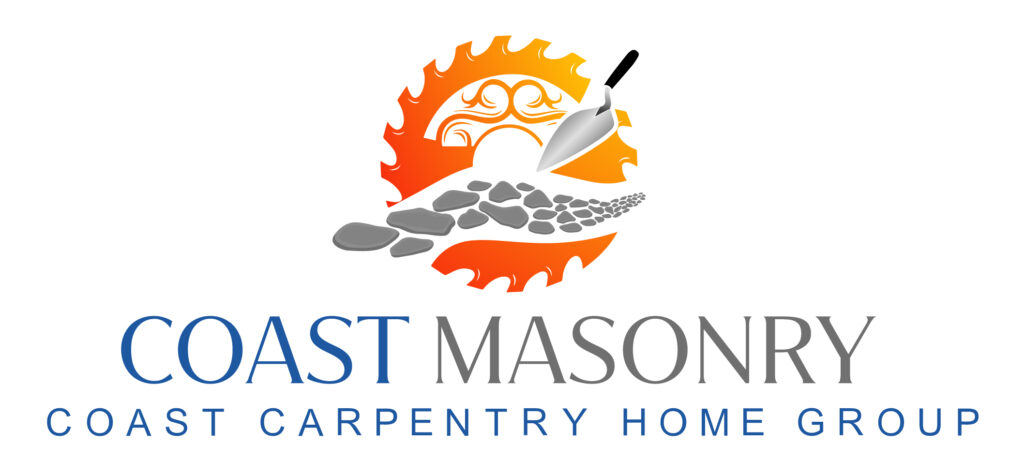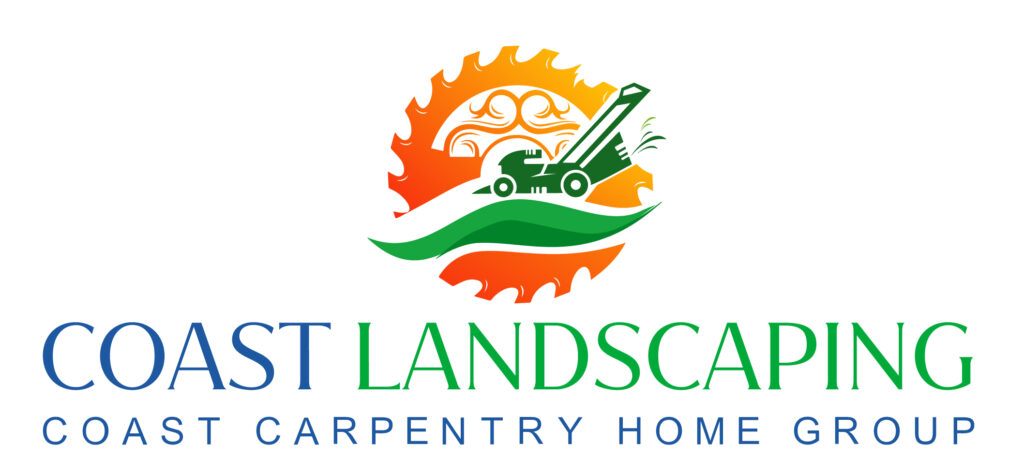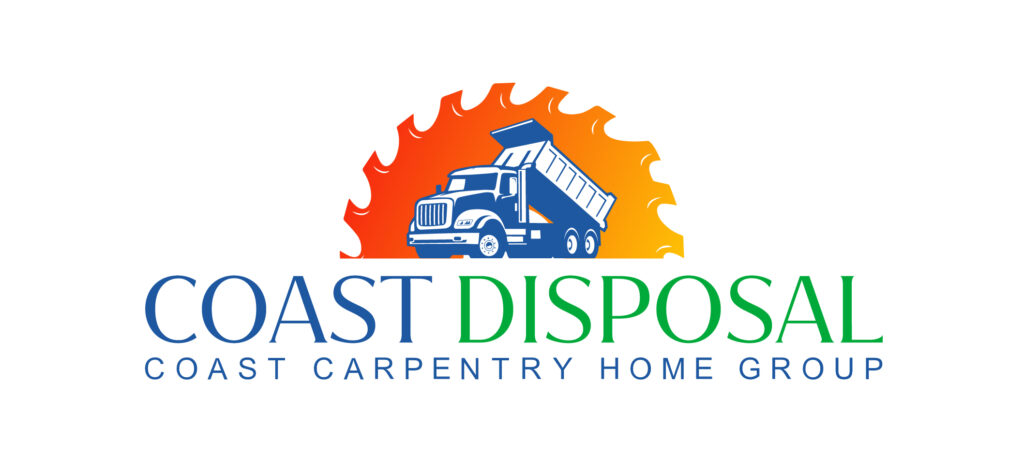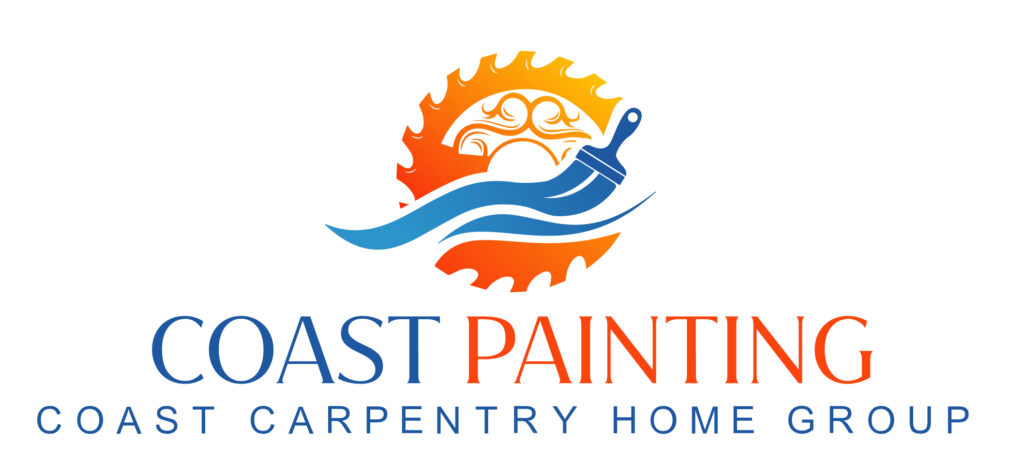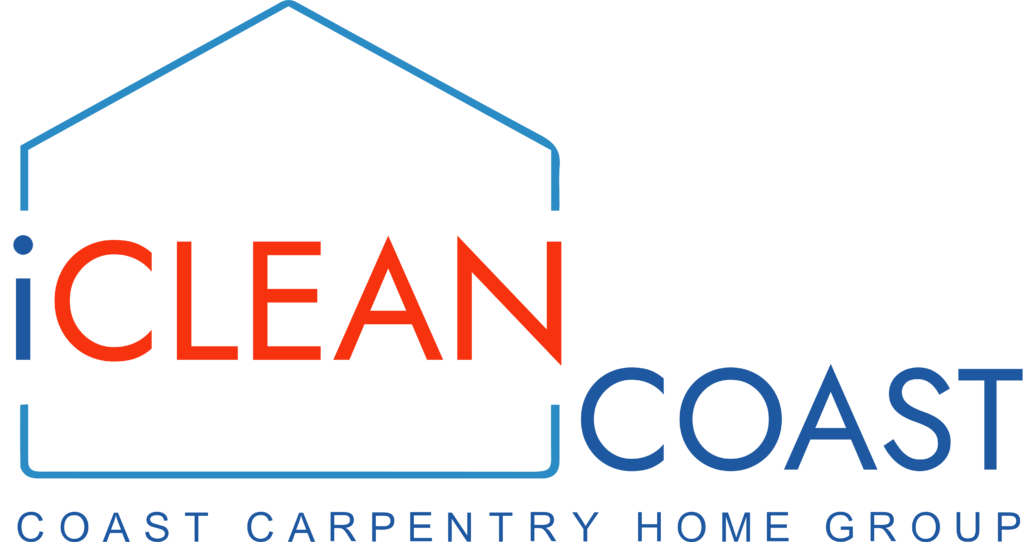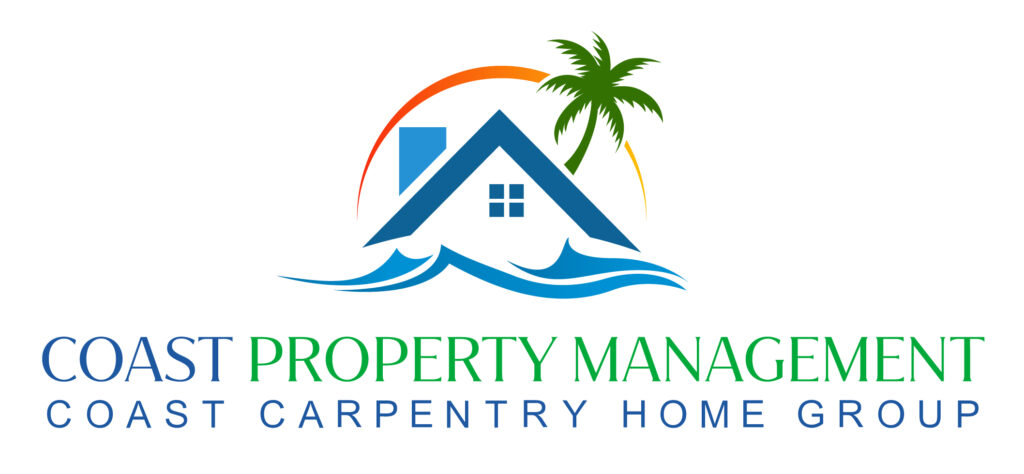Imagine wrapping your home in a cozy blanket that keeps it comfortable all year round. That’s the magic of energy-efficient siding. It’s not just any regular home improvement; it’s a smart choice that can transform the way your home feels and functions. For homeowners in Cape Cod, where the weather can be quite varied, updating your siding to an energy-efficient option is a great way to manage those temperature swings.
Choosing the right siding can make a significant difference in keeping your home snug during chilly winds or cool when the summer sun is blazing down. Siding serves as the first line of defense against the weather, and when it’s energy-efficient, it goes beyond just looking good—it can also help lower your energy bills. Let’s dive into what energy-efficient siding really is and why it matters.
What Is Energy-Efficient Siding?
At its core, energy-efficient siding is designed to regulate the temperature in your home better than traditional siding. It often involves added insulation that helps to keep your home warmer in the winter and cooler in the summer, reducing the need to use heaters or air conditioners. This not only saves energy but can also cut down on your utility bills.
For those living in Cape Cod, energy-efficient siding becomes even more essential. The area experiences a broad range of weather conditions, from damp, salty air to strong winds. Siding that can withstand these elements while keeping your home’s temperature stable is invaluable. It helps maintain the cozy feel inside your home without cranking up the heater or flipping on the AC unnecessarily.
Energy-efficient siding often comes in a variety of materials, each with its unique benefits. Here’s a quick look at some options:
– Vinyl Siding: Known for its durability and low maintenance, vinyl siding is a popular choice. It’s designed to resist extremes in weather, and when insulated, it adds an extra layer of protection against the elements.
– Fiber Cement Siding: Offering excellent protection and strength, fiber cement siding is perfect for those looking for a sturdy option that also looks fantastic. It’s non-flammable and doesn’t have the warping issue some other materials might show over time.
– Insulated Siding: This type of siding is fitted with a layer that directly improves the insulation of your home, making it exceptionally efficient at keeping energy use down.
By understanding what energy-efficient siding is and its importance, especially in regions like Cape Cod, you’re better equipped to make a decision that benefits both your home and your wallet in the long run.
Benefits of Energy-Efficient Siding
Switching to energy-efficient siding offers a host of benefits, transforming your home in ways that are both practical and appealing. One of the standout perks is improved insulation. This special siding keeps your home cozy in the winter and refreshingly cool in the summer, so you need less heating and cooling. This not only helps with minimizing energy use, but can also lead to a noticeable drop in your energy expenses. For example, a homeowner in Cape Cod might find they’re running their HVAC system less often, thanks to the temperature consistency that comes from better-insulated walls.
Choosing energy-efficient siding also means doing your part for the planet by reducing your home’s carbon footprint. Less energy consumption translates to fewer greenhouse gases released into the atmosphere. Plus, energy-efficient siding can increase the value of your home. Potential buyers are drawn to houses that promise savings on utilities and offer better protection against the elements.
Additionally, this type of siding often requires less upkeep compared to traditional options. Materials like fiber cement and insulated vinyl are resistant to pests and harsh weather—qualities that make them last longer and retain their look over time.
Choosing the Right Siding for Your Cape Cod Home
When you’re ready to make the switch, several factors should be on your radar as you choose the right siding for your home. Think about Cape Cod’s unique weather patterns. The coastal climate can be tough on homes, so you’ll need materials that can withstand moisture from salty air, strong winds, and temperature swings. Consider your home’s style, whether it’s classic Cape Cod or a modern design, and select siding that not only matches your aesthetic but can also handle environmental challenges.
Budget is another important aspect, but remember, investing a bit more now can pay off over time with lower energy bills and maintenance costs. Local knowledge is key to making smart decisions. Those familiar with Cape Cod’s conditions can offer guidance on what works best and why certain materials hold up well.
The installation process is crucial, too. It involves more than just slapping some panels on your house. A professional team will ensure that the siding is correctly installed so you get all the benefits it’s designed to provide. They will handle everything from fitting the material to sealing corners, making sure your home is protected.
Wrap Up
In summary, upgrading to energy-efficient siding is a smart investment for homeowners, especially in the challenging weather of Cape Cod. You gain the advantages of a well-insulated home, lower energy bills, and less environmental impact. In addition, the durability of these materials ensures your home remains protected without constant maintenance.
With all these benefits in mind, transitioning to energy-efficient siding is a decision that’ll serve you well in the long run. Exploring installation services sooner rather than later could be just what your home needs to stay secure and comfortable, regardless of what Mother Nature sends your way.
Enhance your home’s energy efficiency and comfort with expert help from Coast Carpentry Construction. If you’re considering a switch to energy-efficient siding, explore our professional Cape Cod siding installation services that blend durability with style. Protect your home from the elements while enjoying the benefits of reduced energy costs and increased property value. Discover how these sustainable improvements can make a long-lasting difference for your home.


